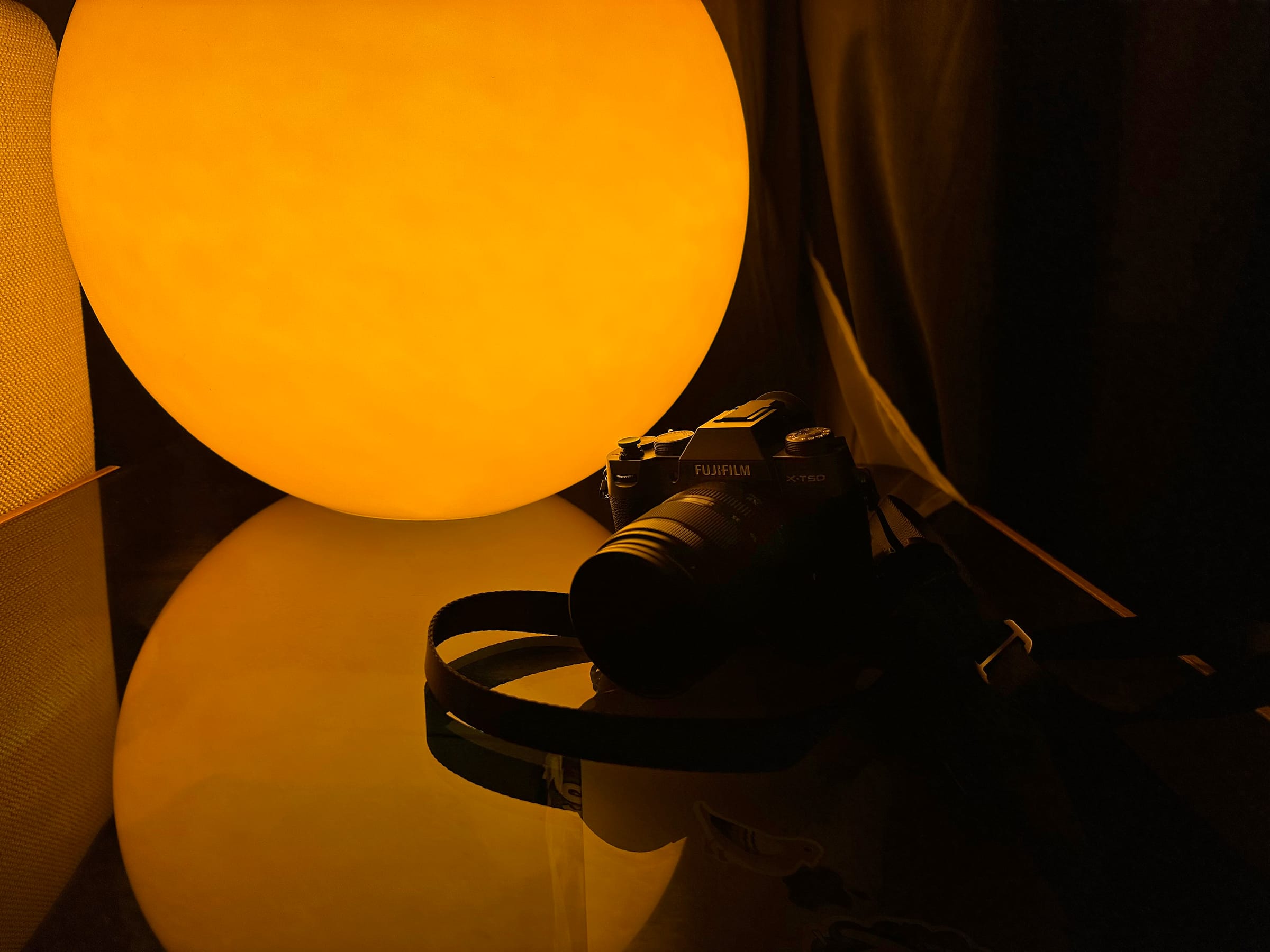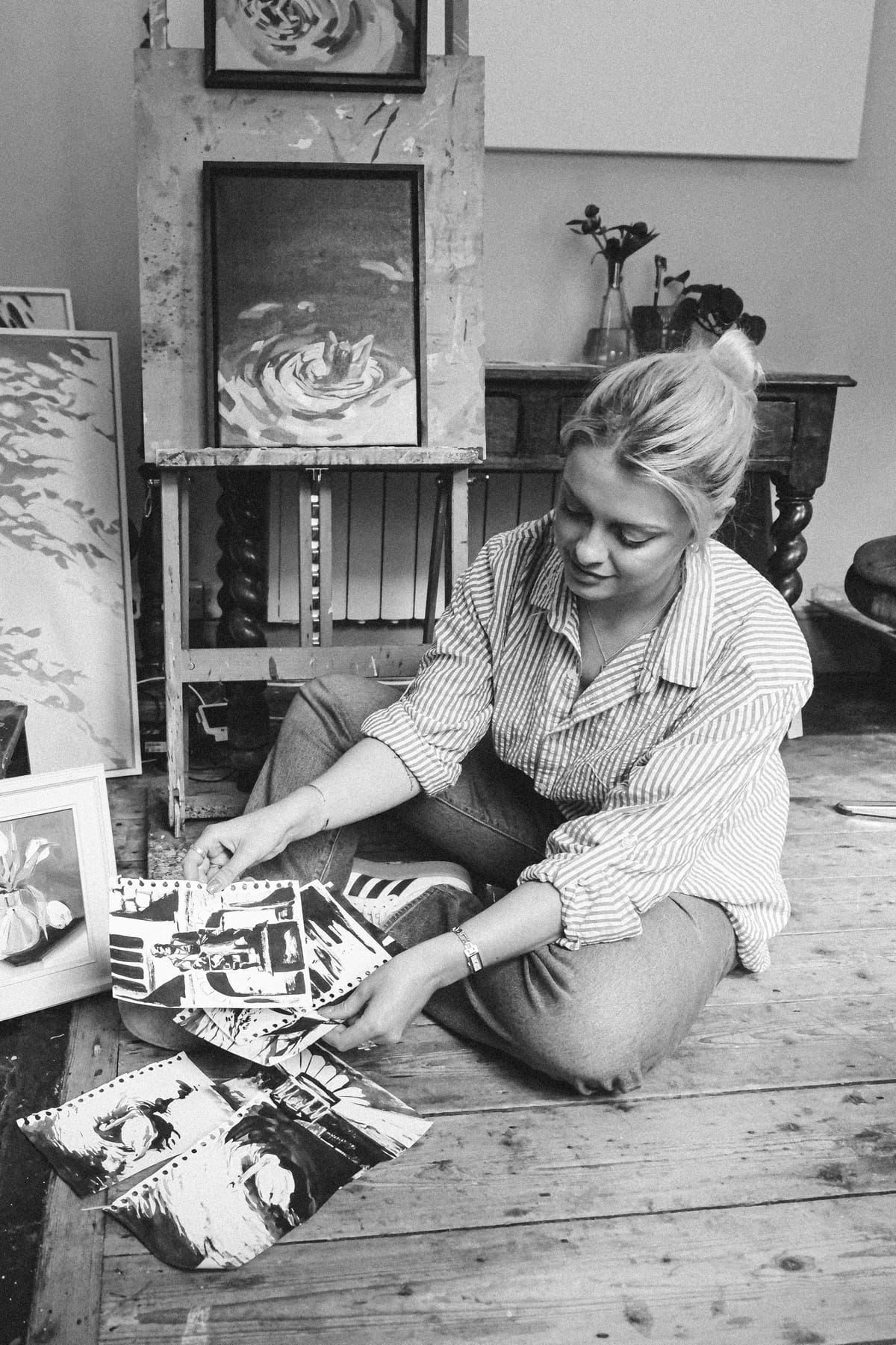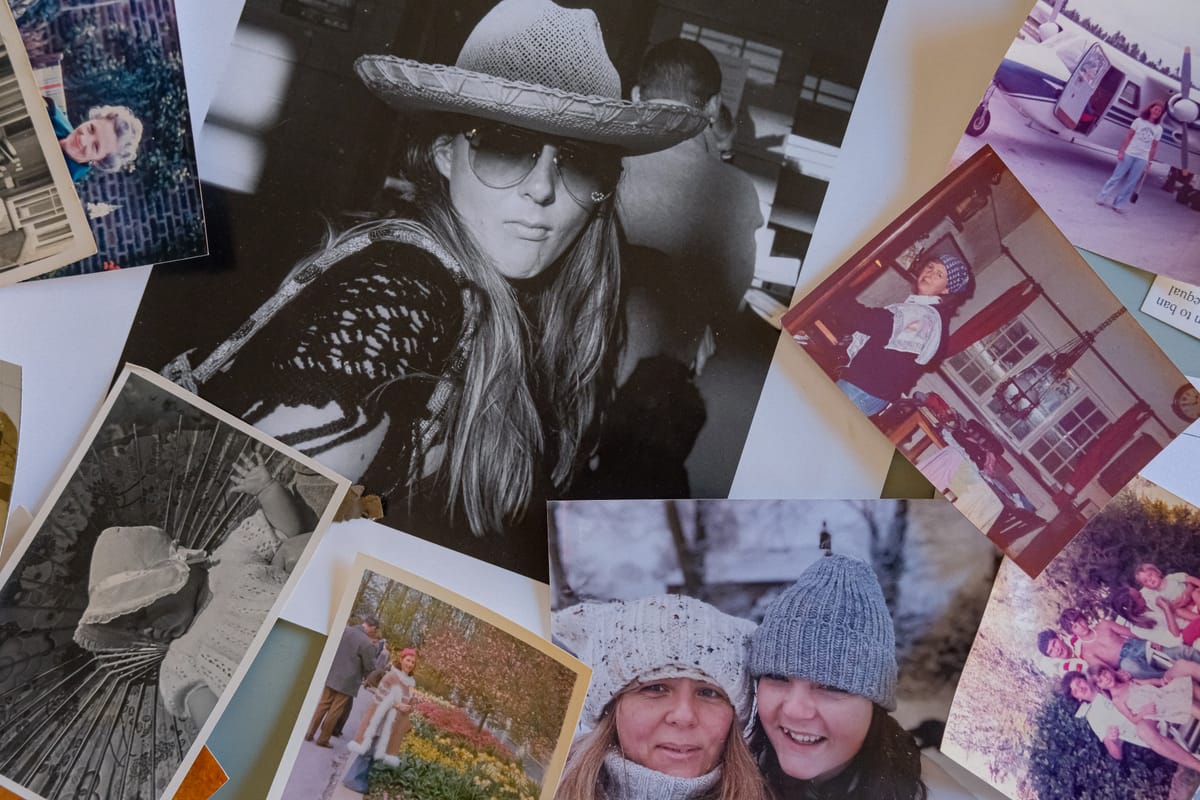I've been meaning to write about mental health for a while now, or at least I've been considering it, because I don't really want my blog to be solely about all of the great things that happen in my life. I want it to be a realistic representation of the things that happen. Of course, I'm probably not going to be slagging off any bad restaurants any time soon, but I definitely want to remain true to myself. Seeing as it's Mental Health Awareness Week, it felt like the right time to sit down and actually write this post. I don't really have much of a plan, no real tips or advice, and not really a neat ending. It's just a bit of my story, told in the way it happened, because I think that's what I'd prefer reading from other people. Something that's honest, and doesn't try to wrap everything up with a motivational quote.
I think I've lived with depression since I was a teenager. I didn't really call it that at the time. I don't think I even really had words for it. I just assumed that's what life felt like. Sometimes heavy, quiet. I didn't have some big turning point moment. It always just seemed to be there. Weirdly, it didn't feel out of place. I grew up in a house where depression wasn't particularly hidden. It definitely runs throughout my family, but I feel like it affects more people than you may realise. It wasn't really something that was talked about, but it wasn't really something that shocked me. So I just sort of accepted it, that this was me. Sometimes you don't feel like getting up. Days can be a little bit emotionally flat, and everything's an effort. My brain just really doesn't want to play. I didn't realise until much later on that this wasn't everyone's experience. I actually remember someone telling me what it feels like to not have depression, and it kind of blew my mind that people get to experience life like this.
For years, that's how I understood my mental health. It was depression. It was part of me. Sometimes pretty bad, sometimes manageable. But then I got to my twenties and I started noticing something more. It wasn't just the low mood or the constant tiredness. It was this sense that I wasn't doing enough, that I always felt behind, and I should be coping better than I was. It wasn't about being too much. It was more a feeling of falling short. I'd try my hardest and really push myself, and somehow still struggle to get things done. I couldn't understand why, no matter how much effort I put in, I wasn't getting the results that I knew I'd be able to achieve. I'd look around at other people getting on with their lives and think, why can't I be the same? Why does everything feel like it takes so much energy from me? And that's when I started to wonder if it was just depression or if there was more.
Into my twenties, I did try therapy. I went through the traditional route of going to my doctor, and they referred me to a certain well-known charity. They thought it might help to talk to someone. At this point, I wasn't as confident as I am now. I went in there with the hope of feeling heard by someone who knew the subject much more than me. The lady I saw came across as quite abrupt and, to be honest, patronising of my situation. It just wasn't what I expected, especially when it was the early stages of me trying to open up about how I was feeling. I came away from that session feeling worse than when I went in, and it pretty much put me off trying that route again for a long time.
I didn't realise it back then, but anxiety had always been part of the mix too. A GP I saw when I lived in Neston pointed out that my low moods were tangled up with sky-high anxiety as well as depression. Looking back, I can see that the low mood and constant overthinking were really anxiety in disguise, but back then I thought depression was the worst part of what I was facing. Now I reckon the anxiety is the bigger daily battle, the bit I'm learning to calm so there's more room for joy. Even so, for years I said yes to every gig or night out, partly because I didn't want to let people down. I'd push myself well outside my comfort zone to make sure everyone else was having a good time, even if it cost me mine. I've never felt confident, and even in primary school I'd sit on my own rather than risk being left out. That habit of moving first to dodge rejection still sticks with me.
Eventually, I reached a point where I knew I needed support and decided to try again. I was placed on a one-year waiting list, and when my turn finally came around, I was matched with a trainee who was working through her Level 3 Cognitive Behavioural Therapy qualification. She was kind and clearly cared, but the whole set up didn't really work for me. I realised I was spending half the session making sure she had the information she needed to pass her course, instead of dealing with my own head. Most of the tools she walked me through were things I already knew, things I'd picked up from years of reading about mental health or trying to sort things out on my own. I understood the concept of challenging thoughts. I knew how CBT was meant to work. But knowing and doing are completely different things.
It was like being handed a guidebook for something I'd already tried a thousand times, and being told the answer was in there somewhere if I could just apply it properly. But I couldn't. I couldn't make the techniques stick. I couldn't bridge that gap between what I knew and what I could actually do. The more I failed to engage with it, the worse I felt. It started to remind me of other areas in my life, like budgeting, diet, or organising my week, where I knew exactly what I was supposed to be doing but still couldn't follow through.
Nothing new there then.
Time moved on. and one thing led to another, I ended up in a couples therapy session. Straight after that first meeting the therapist pulled me aside and suggested individual counselling might suit me better. I felt a bit singled out, but I decided to give it a go. Those private sessions often left me feeling worse than when I went in. The conversations drifted, nothing stuck, and I wasn't learning anything about myself. I'm telling you this, because sometimes therapists are shit, keep trying.
Around the same time, one of my best friends told me about a conversation she'd had with her GP and was told that she might be neurodivergent. That really surprised me. I'd worked in schools before with children who had additional needs, and I don't know why, but it never crossed my mind that someone in my own life, or even myself, might be dealing with something like ADHD. Once I started giving it some proper attention, it didn't actually seem that far-fetched. A lot of it really lined up with how I'd always felt and the things I'd been struggling with.
A couple of weeks later, back when I was still living in Neston, I asked my GP to refer me for an ADHD assessment. He agreed. That was over two years ago. Months passed before I discovered a clerical error meant my request had never been logged, and my medical practice didn't think to inform me of this... I sat in my living room and cried because by then ADHD felt like it was leaking into every part of my life.
Eventually I found a therapist that was brilliant. I could bring anything to the room without over-explaining or worrying how it sounded. Off‑loading the weight of overthinking each week made me feel lighter. I stayed with her for over a year and only stopped when I knew I'd be moving to Shrewsbury.
Still upset at the whole Neston clerical error, it took me six months in Shrewsbury before building up the determination to start the diagnosis request again. When I finally asked my new GP, she agreed ADHD was likely and added my name to the waiting list (three-years btw). I've also since spoken to a mental health practitioner who said it sounds very likely I have it. The more I've looked into it, the more it explains the way my brain works.
I used to think ADHD was all about physical restlessness, but now I realise it’s more like my thoughts are constantly bouncing around. Like that food noise people talk about, where you're always thinking about what to eat next, except with me it's everything, all at once, and about ten times more erratic.
As I continued to chip away at changing aspects of my life, I sought out a new therapist in Shrewsbury. He is neurodivergent too, and so is his partner. All of our sessions are outdoors. We go for walks, which feels good and stops it feeling clinical. Being outside helps me feel more at ease and open, and it's helped me connect the dots in ways I hadn't before.
I lose things all the time. I over-exert myself so much that I end up burnt-out on a regular basis. I get overwhelmed, overstimulated, and constantly feel like I'm just about keeping my head above water. I know, I'm blabbering on, woe‑is‑me and all that. Believe me, I realise plenty of people have things worse, and most days I can still pause and appreciate the good stuff in my life. But this is me being honest about how much extra admin my mental health gives me day to day. The dream, of course, is that one day it won't run the show to anything like the extent it does now. Usually I want all-or-nothing, results yesterday kinda thing. So this year I'm forcing myself to chip away slowly and actually be proud of each small change instead of going full tilt, crashing, and giving up. Consistency has never been my strong point, but I'm trying.
It's not about laziness or a lack of care. It's about how my brain processes things, or doesn't. Finally having a framework for that has made a difference. I know for some people reading this, it might be a bit of a surprise that I suffer so much mentally. Then again, maybe for others it won't be a surprise at all. A lot of the time, when you're neurodivergent, there's this thing called masking. You spend so much energy trying to come across as okay, or normal, or competent, that no-one actually sees what's going on underneath. You end up putting more effort into appearing fine than actually being fine. That adds another layer of pressure to an already overstretched brain. You're constantly thinking about how you're being perceived, instead of what you actually need. That's what leads to feeling like you're on the edge all the time, even when nothing obvious is going wrong.
I know I've been talking about therapy a lot. Here in the UK it still feels a bit hush‑hush, something you mention only if things have gone badly wrong. Yet when I chat to friends in the States, they talk about their counsellors as casually as their hairdressers, and I can't help thinking there's something healthier in that openness. Therapy isn't just for when everything falls apart; it can help you understand yourself better, navigate change or simply give you a safe place to offload. I'd love to see more of that attitude here.
Last year was hectic: cramming in holidays, a house move, and so many frantic attempts to inject joy that I burned myself out more than once. Through all of it, Cho (my dog) was the constant. On mornings when I didn't feel like getting up, I still got up because she deserved my effort. She kept me moving when nothing else could.
Then, in October 2024, she crossed the rainbow bridge.
She was everything. I got her when I was still trying to figure myself out and she was this calm presence through all the chaos. She gave me structure when I had none. She made me feel safe when I didn't know how to ask for help. She grounded me. Losing her broke something in me that I haven't quite repaired.
Grief has its own rhythm, and when you're already managing depression and anxiety it just folds itself into the rest of it. Some mornings I wake and, for a split second, I forget she's gone and my heart breaks all over again. I still think about her all the time. I miss having that kind of comfort, the wordless kind, the just sit next to me and breathe kind. She gave me that, without asking for anything in return.
It took a few months, but since February, I’ve been piecing together a steadier rhythm. The outdoor therapy sessions are helping, I've bought a new camera and I'm throwing myself into photography, and while I'm not out walking every single day, I'm making an effort to move more and look after my health. I'm still on the ADHD waiting list and the background noise never vanishes, but life feels a liiittle lighter than it did.
Even now, as I write this, I'm aware of how messy all of it still is. I don't have a neat takeaway. I don't have a "but things are better now" paragraph. Some days are manageable. Some days are not. Some days I can write or take photos or go for a walk and feel okay. Other days I sit in bed scrolling for hours, completely detached from everything. But I'm still trying, and I think that counts for something.
If you're reading this and any of it sounds familiar, if you've felt like you've had to keep starting over, or like your struggles aren't visible enough to be taken seriously, or like you're just tired of trying to make things make sense, I get it.
Mental health isn't always a crisis. Sometimes it's a quiet fog you walk through every day. Sometimes it's being okay in public and falling apart in private. Sometimes it's surviving.
And sometimes, it's just sitting with the fact that you're still here, still figuring it out.
Resources and helplines If anything in this post resonates and you feel you could use some support, these UK‑based organisations are a good place to start:
- Samaritans – 116 123 (free, 24 hours)
- Mind – 0300 123 3393, mind.org.uk
- NHS 111 – option 2 for mental‑health help
- Anxiety UK – 03444 775 774, anxietyuk.org.uk
- ADHD UK – adhd‑uk.co.uk, online resources and peer‑support groups
- Cruse Bereavement Support – 0808 808 1677, cruse.org.uk
- Mental Health Foundation – mentalhealth.org.uk/mhaw – organiser of Mental Health Awareness Week and a hub of self‑help guides
You deserve help and understanding, whatever you’re facing.



Comments